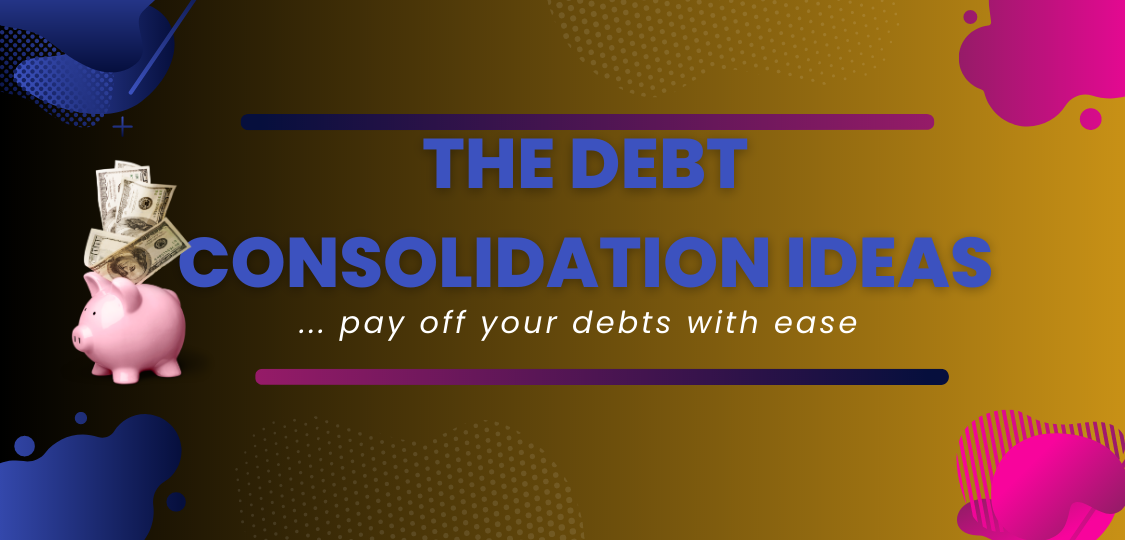Introduction
Credit card debt is one of the most common financial burdens faced by millions of people today. The good news? Debt consolidation can be a powerful way to simplify your payments, reduce interest, and regain financial control. But there's a big concern for most: "Will consolidating my credit card debt hurt my credit score?"
In this guide, we’ll show you exactly how to consolidate credit card debt without hurting your credit, step by step. From choosing the right strategy to avoiding common pitfalls, you’ll get all the practical tips you need.
What Is Credit Card Debt Consolidation?
Debt consolidation is the process of combining multiple credit card balances into a single payment—usually through a loan, balance transfer, or debt management program. The goal is to reduce interest, simplify repayment, and become debt-free faster.
Popular Methods of Credit Card Debt Consolidation:
-
Balance Transfer Credit Cards
-
Personal Loans for Debt Consolidation
-
Home Equity Loans or HELOC
-
Debt Management Plans via Credit Counseling Agencies
Each method has its pros and cons. The key is choosing the one that won’t hurt your credit.
Does Debt Consolidation Hurt Your Credit?
The short answer: It depends on how you do it.
Some methods, like applying for multiple new credit lines at once or closing old accounts, can hurt your score. But when done right, debt consolidation can actually improve your credit over time by lowering your credit utilization and helping you make timely payments.
How to Consolidate Credit Card Debt Without Hurting Credit
1. Check Your Credit Score First
Before making any move, check your credit score. Many options—like balance transfer cards or personal loans—depend on your credit profile. Use free tools like Credit Karma or your bank’s app.
2. Choose a Low-Risk Consolidation Method
Here are your best options if you're trying to avoid credit damage:
✅ Balance Transfer Card (0% APR Intro Offer)
-
Transfer your existing balances to a new credit card with 0% interest for 12–21 months.
-
Make sure you pay it off before the intro period ends.
-
Pro Tip: Don’t close your old cards—keep them open to maintain credit history.
✅ Personal Loan for Debt Consolidation
-
Take out a fixed-rate personal loan to pay off all your cards.
-
You’ll make one predictable monthly payment.
-
Look for lenders that offer soft credit checks initially, like LendingClub or Upgrade.
✅ Debt Management Plan (Through a Credit Counselor)
-
Non-profit agencies help negotiate lower interest rates and combine your debts into one monthly payment.
-
These programs don't require new loans or credit pulls.
3. Avoid Common Mistakes That Hurt Your Credit
Even the best plan can backfire if you make the following mistakes:
| Mistake | How It Hurts Your Credit |
|---|---|
| Applying for multiple loans or cards | Each hard inquiry may lower your score temporarily |
| Closing old credit card accounts | Reduces credit age and available credit |
| Missing payments on the new loan | Payment history is the biggest factor in your score |
| Continuing to use old cards | Adds more debt, increasing utilization |


No comments:
Post a Comment